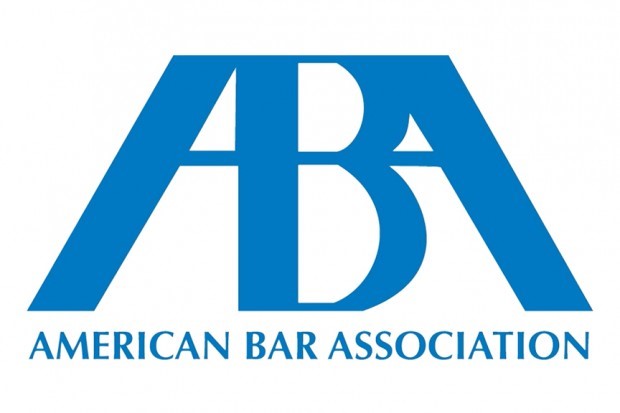False Ad Case May Go Forward Even When Consumer is Notified of Truth Prior to Purchase
0 CommentsWhile you are doing your final holiday shopping, of course remember the admonition Caveat Emptor – buyer beware. But, even the most careful shopper can be fooled by hidden costs, false product claims, false pricing, misrepresentations, and deceptive come-ons. And, the customer can get dragged into a momentum to purchase — which is often the point of the retailer’s strategy. The law may now protect the buyer, even if the retailer throws some fine print under the buyer’s nose moments before the sale or, once she is “hooked” to buy, reveals something new about the product or service that is not as portrayed in ads.
In a new California case, Veera v. Banana Republic, LLC, out of the Second District California Appellate Court, Dec. 15, 2016, the court acknowledges in the context of consumer class actions that deceptive luring of customers through misleading ads by retailers can cause reliance and damage, and may be the basis for a consumer fraud case, even when the falsity of the ads is revealed to the customer before money changes hands. In this case, clothing retailer Banana Republic advertised on store window signs that items in the store were 40% off. Class members were drawn inside, tried on items, waited in sometimes long lines, and, when at the cash register, were told the items were not on sale.
The court noted the danger that consumers rely on deceptive advertising to decide to buy merchandise. Then, when the deception is revealed, the consumer has now invested in the decision to buy and is swept up in the “momentum of events.” In this case, they had spent time and energy and made purchases against their better judgment sometimes due to embarrassment caused by the lines behind them, or the desire to avoid a complete waste of effort.
In a change of course from other earlier cases where the purchaser was not allowed to recover when the truth of the false ad was revealed before he or she consummated the purchase, the Veera case recognized that a result like that could be at odds with the intent of the law. California consumer legislation was meant to combat “bait and switch” and misrepresentations that deceived consumers. The Veera court acknowledged that the pressure of events can be brought to bear on plaintiffs’ judgment, and plays a substantial role in leading them to purchase items, even though they may learn certain facts do not apply before they pay. The court held there was a at least a triable issue of whether their reliance on the misleading ad was a cause, though not the only cause, of the consumers’ harm.
So, thanks to consumer protection laws: Caveat Venditor – let the seller beware. Happy Shopping.












